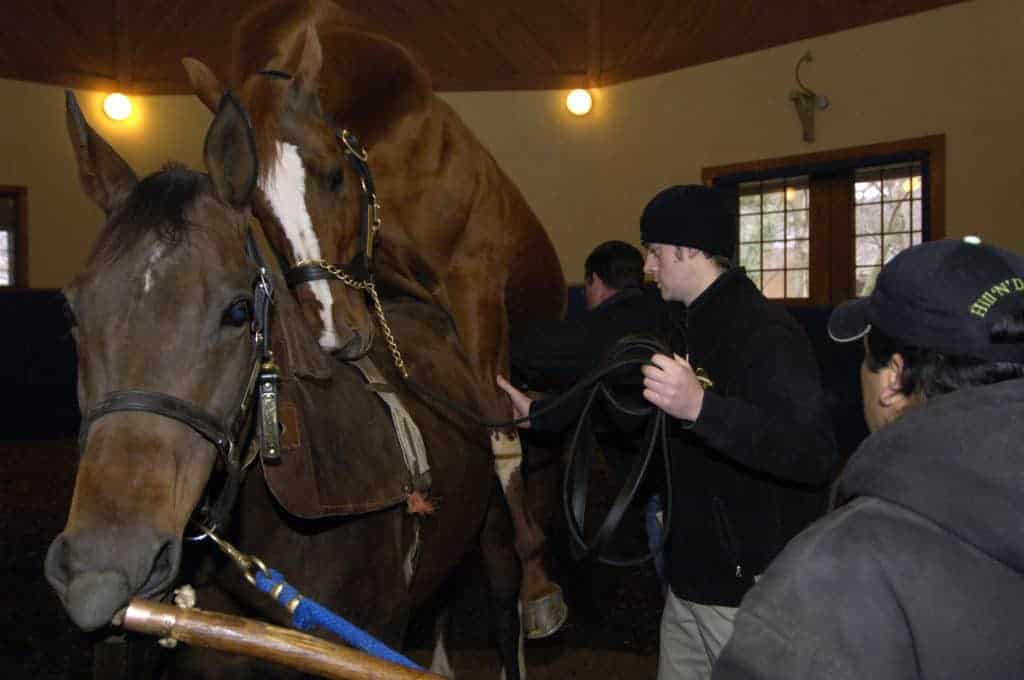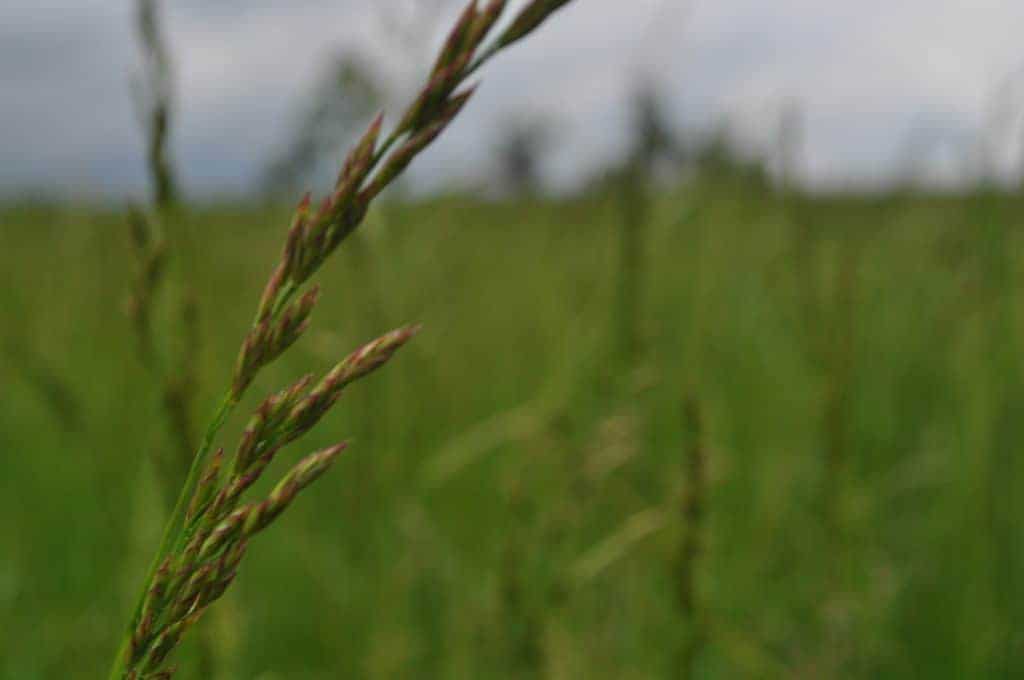Uterine Ultrasound, Cytology Helpful in Pinpointing Pathogens (AAEP 2010)
When it comes to a mare’s uterus, ultrasound examination and cytology (examination of cells under a microscope) can give a veterinarian a pretty good picture of what’s going on inside that could be confounding conception. However, comparing these

















